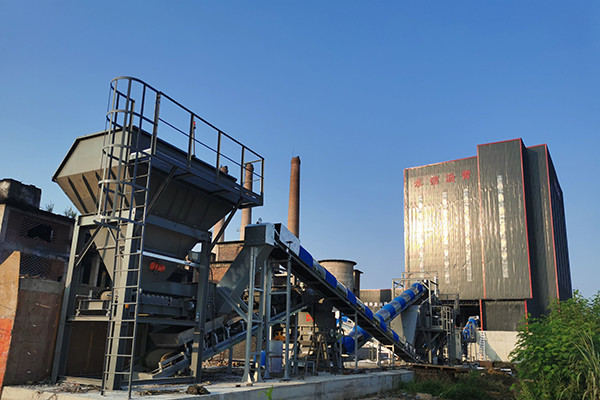A stationary stone crushing plant is a vital infrastructure for various industries, particularly in construction and mining. It is designed to process raw materials such as granite, limestone, and basalt into manageable sizes for further use. The primary function of this plant is to reduce larger stones and rocks into smaller, usable aggregates that can be utilized in various applications, including concrete production, asphalt mixtures, and road construction.
The process begins with the extraction of the raw materials, which are typically mined from quarries or open-pit sites. Once the materials are gathered, they are transported to the plant for processing. The core components of a stationary stone crushing plant include crushers, screens, and conveyors. Crushers play a pivotal role, with different types designed for specific crushing tasks, such as jaw crushers, cone crushers, and impact crushers. Each type of crusher has its advantages, depending on the characteristics of the material and the desired size of the end product.
After the initial crushing, the material is screened to separate fine particles from the coarse aggregates. This is where vibrating screens are employed to ensure that the final product adheres to required specifications. The efficiency of the screening process is crucial, as it directly impacts the quality of the material produced.
The primary advantage of a stationary stone crushing plant is its ability to handle large volumes of material consistently. Unlike portable plants, which are often set up for temporary projects, stationary plants provide a more robust solution for ongoing operations. Their durability and capacity make them suitable for significant production needs.
Furthermore, advancements in technology have led to the development of automated systems that enhance the efficiency of these plants. Automation minimizes human intervention and reduces operational costs, making stationary plants increasingly attractive for businesses.
In conclusion, a stationary stone crushing plant serves as the backbone of material processing in industries where aggregates are essential. With their ability to produce high-quality crushed stones efficiently, these plants are critical in supporting construction projects and infrastructure development.
Content Disclaimer
The content provided on this website is for informational purposes only. Some of the information, articles, images, and other materials available on this site may be sourced from third-party websites and public domain resources. While we make every effort to ensure the accuracy and reliability of the information, we do not take responsibility for the content provided by external sources.
